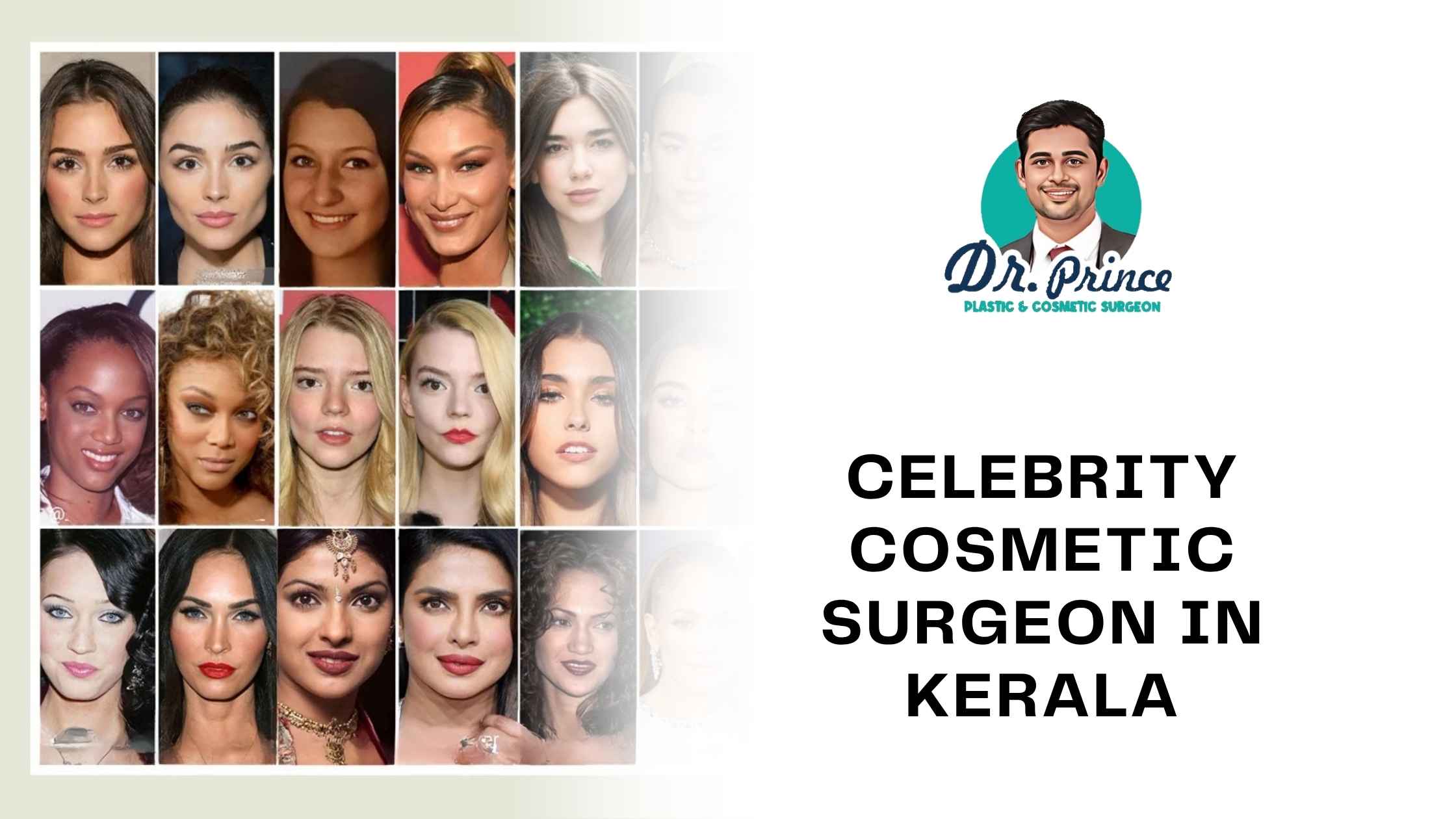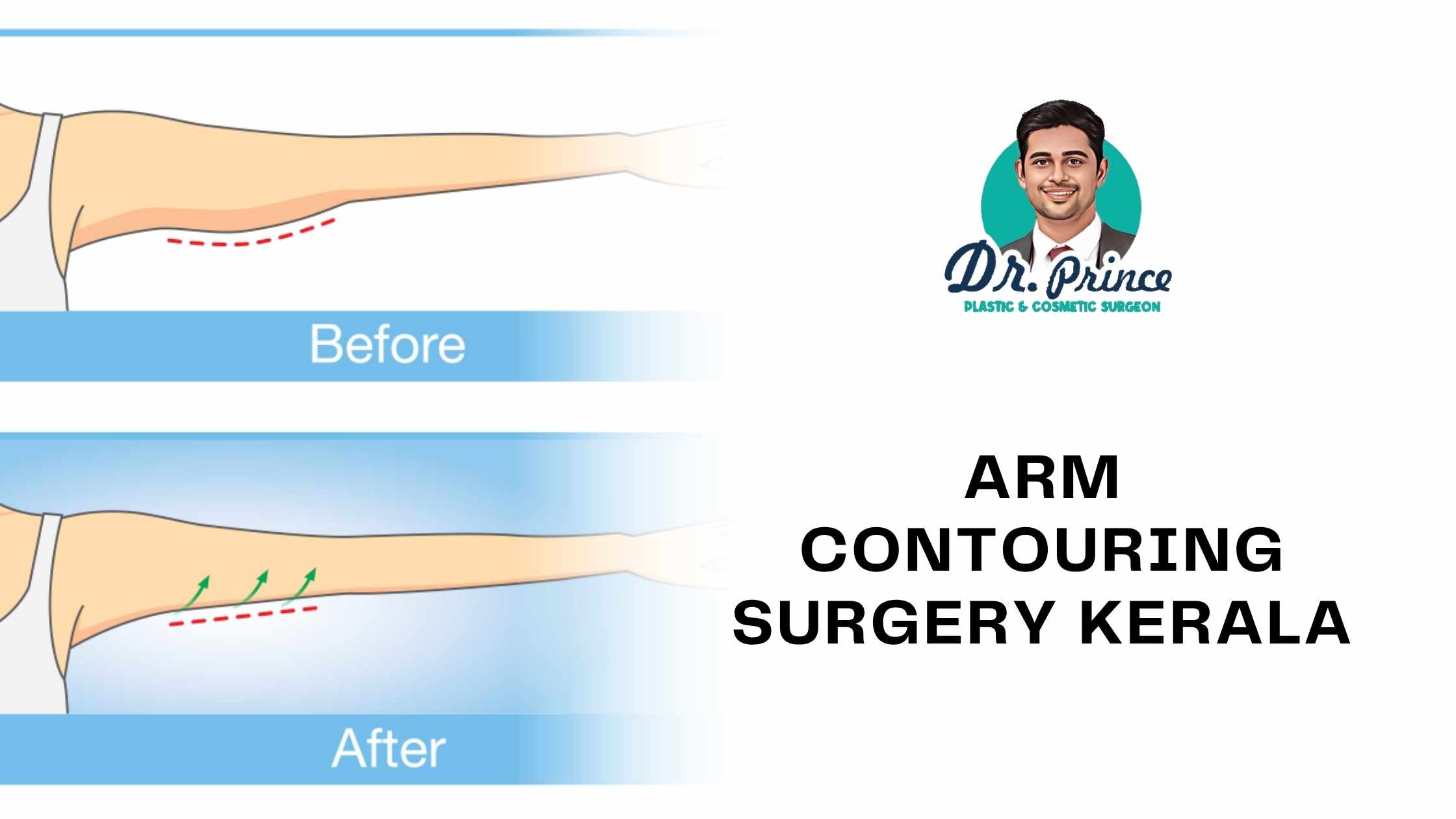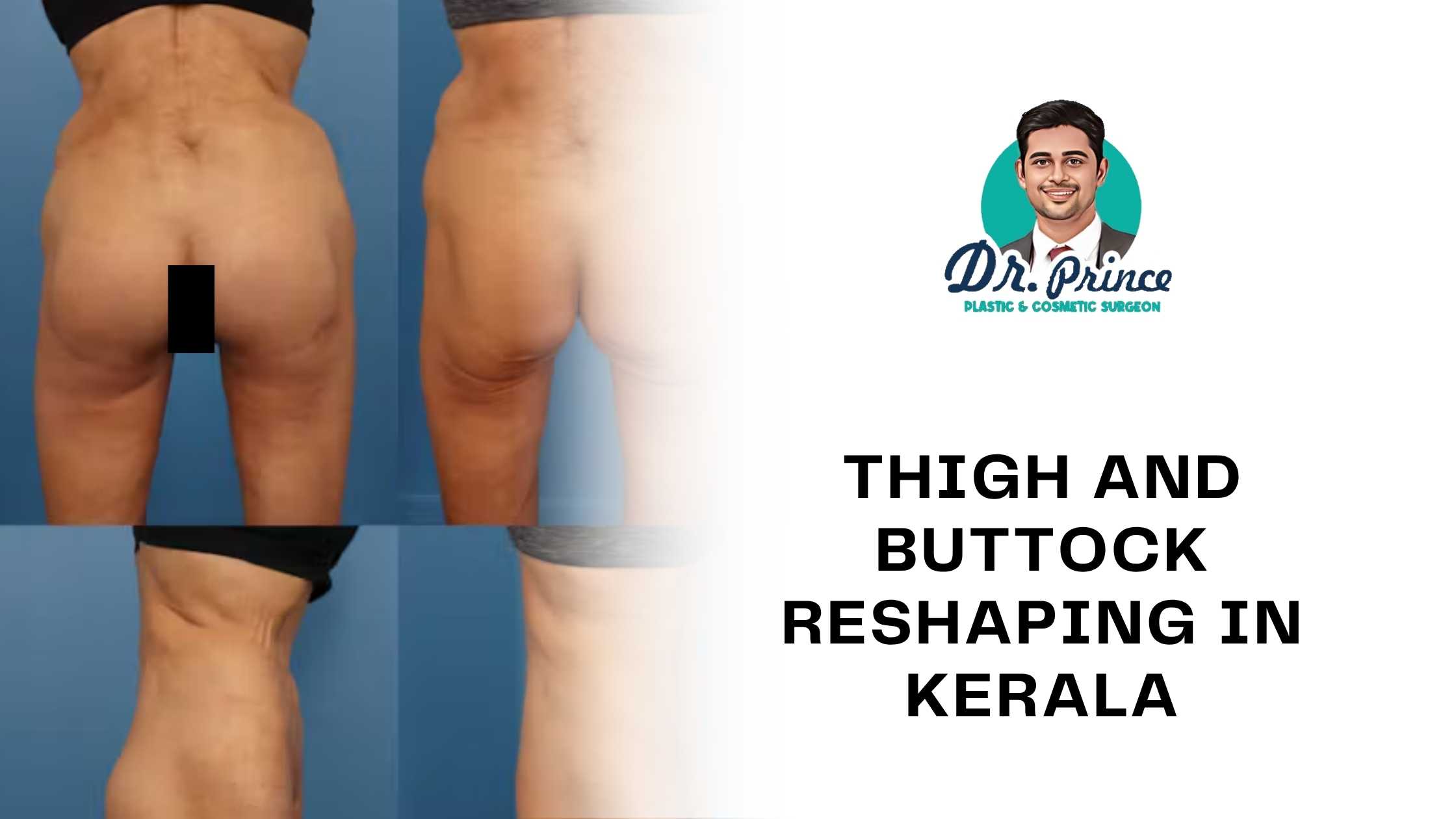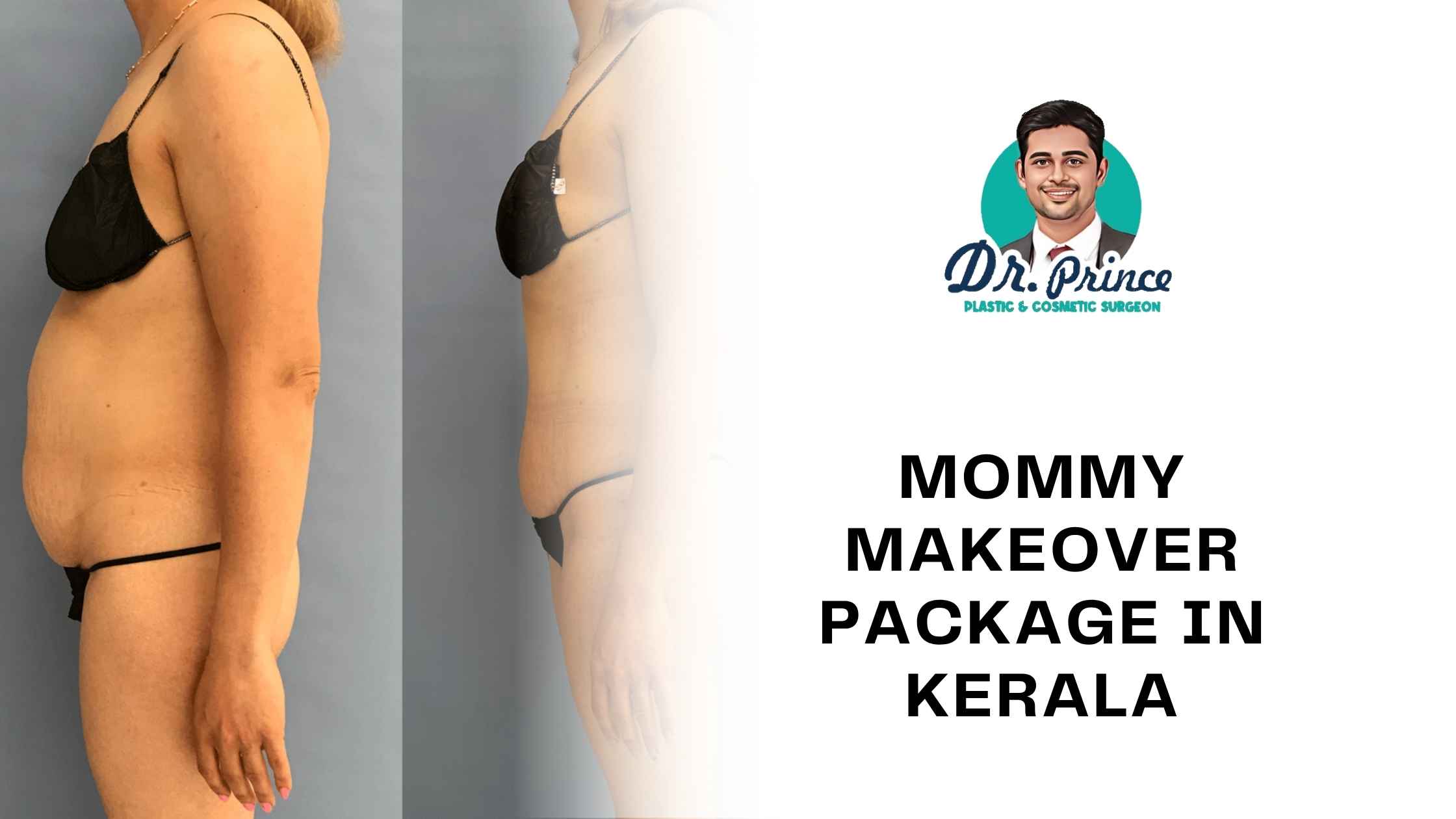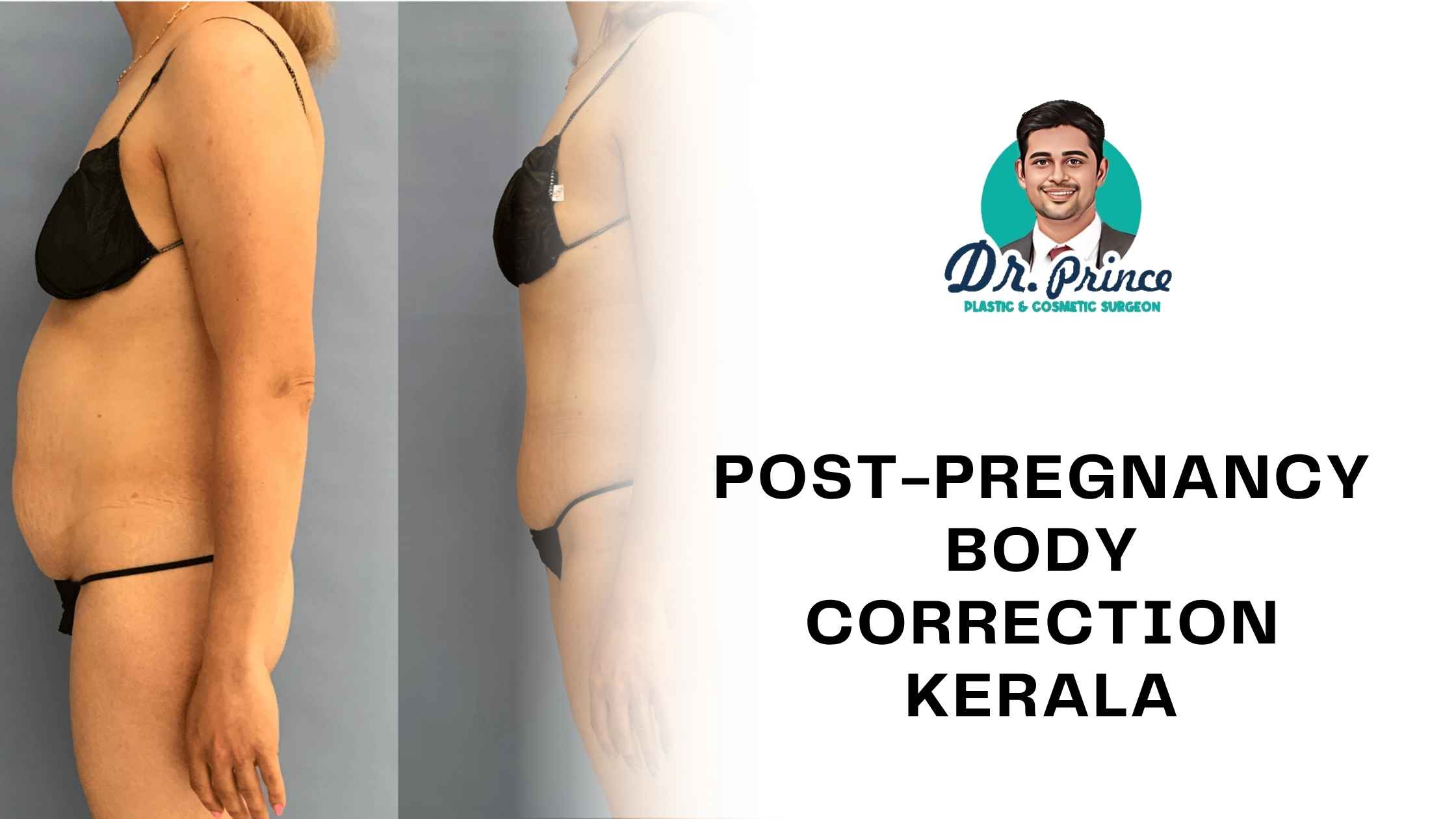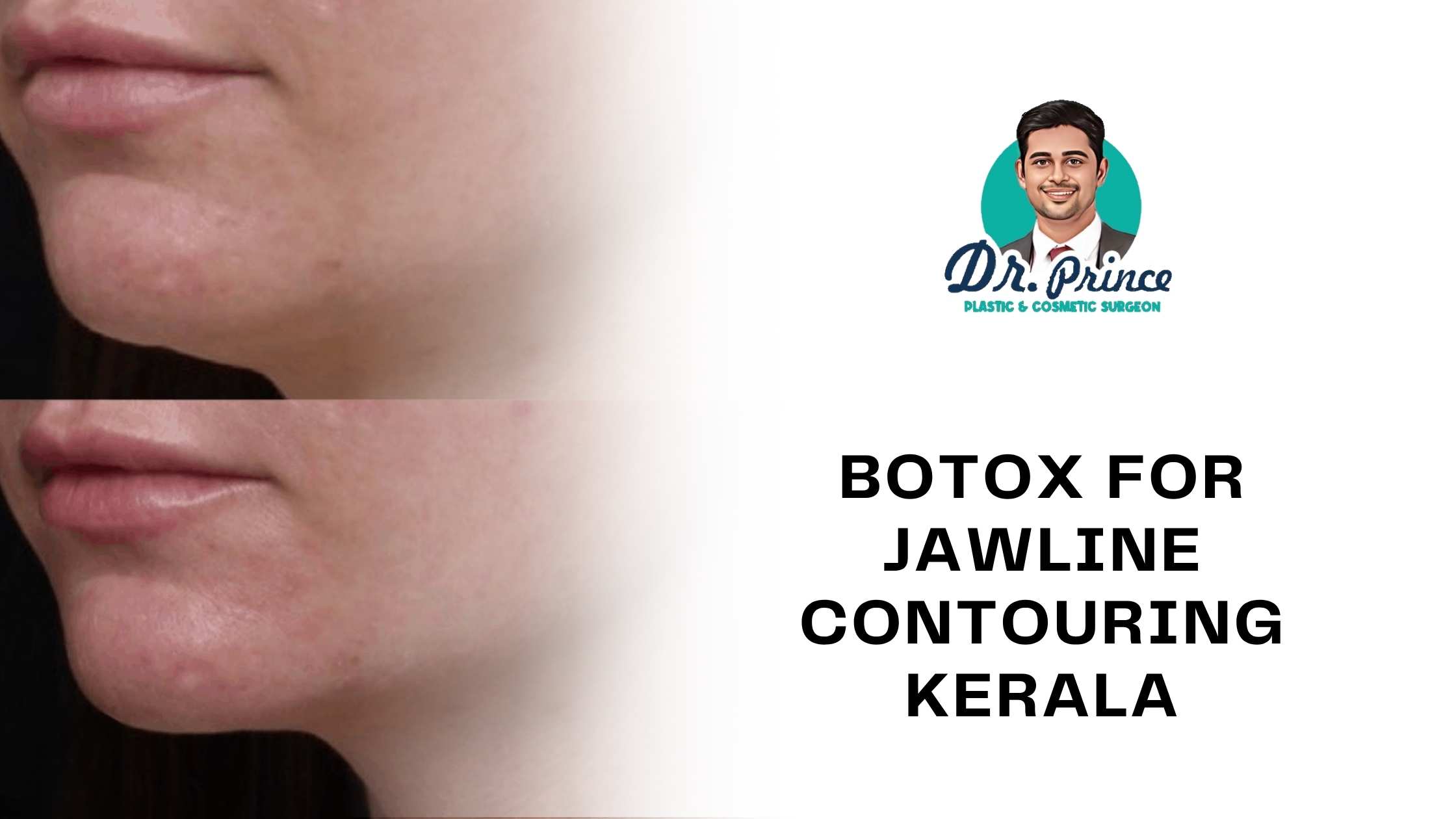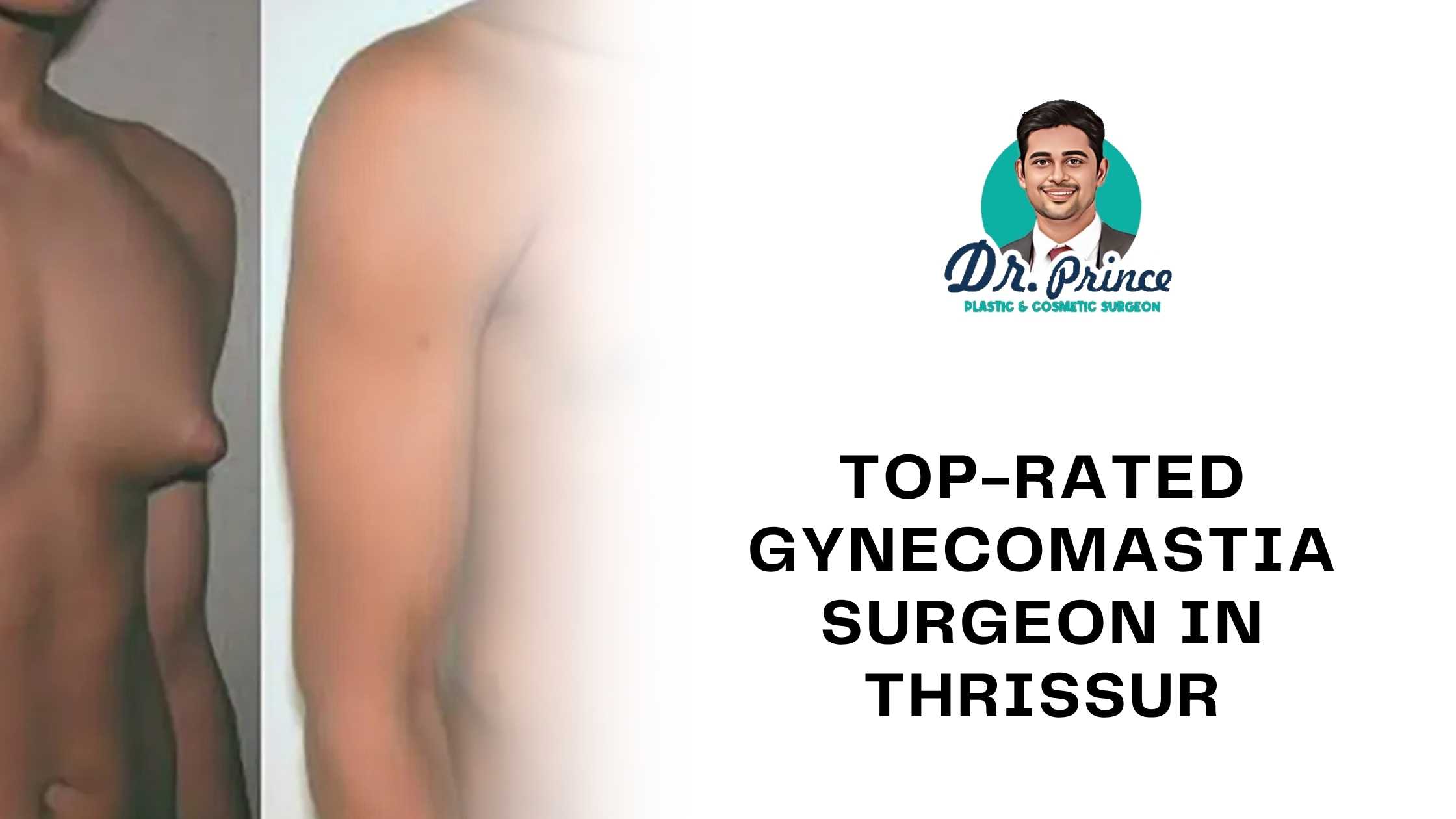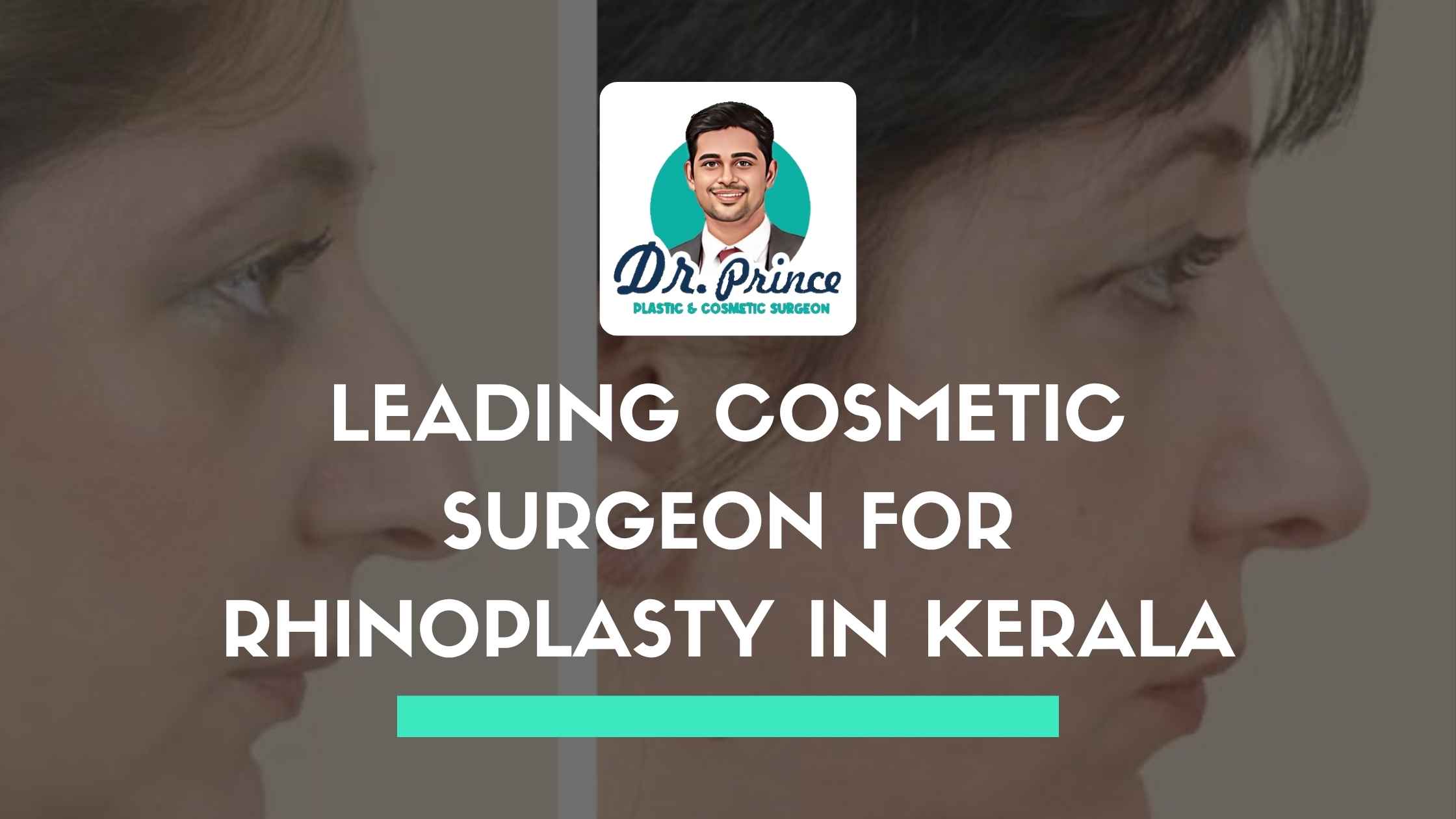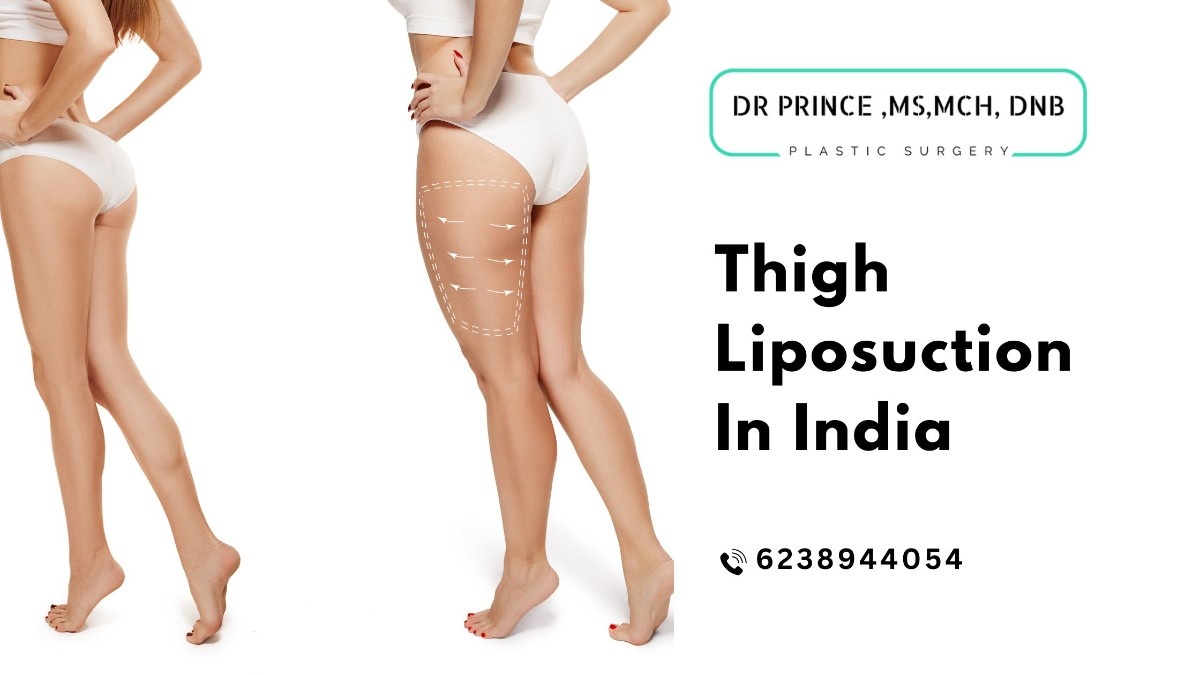Distinguishing Between Cosmetic Surgeon and Plastic Surgeon: Insights for Dr. Prince
Cosmetic and plastic surgeons are often used interchangeably, but they have distinct focuses and training. Let’s delve into the differences to provide clarity about Dr. Prince’s expertise:
1. Training and Certification:
Cosmetic Surgeon:
Focuses primarily on aesthetic procedures to enhance appearance. May have various backgrounds such as dermatology, otolaryngology, or general surgery.
Plastic Surgeon:
Undergoes comprehensive training, including reconstructive surgery and cosmetic procedures. Board-certified plastic surgeons, like Dr. Prince, have specific credentials ensuring expertise in both realms
2. Scope of Practice:
Cosmetic Surgeon:
Primarily concentrates on elective aesthetic procedures like rhinoplasty, facelifts, or breast augmentations.
Plastic Surgeon:
Encompasses both cosmetic and reconstructive surgery. Handles a broader spectrum, including reconstructing defects resulting from trauma, congenital issues, or diseases.
3. Purpose of Procedures:
Cosmetic Surgeon:
Aims to enhance the appearance of healthy individuals seeking aesthetic improvements.
Plastic Surgeon:
Addresses both aesthetic concerns and reconstructive needs, focusing on restoring normal function and appearance.
Patient Population:
Cosmetic Surgeon:
Primarily caters to individuals seeking voluntary enhancements for aesthetic reasons.
Plastic Surgeon:
Treats patients requiring reconstructive procedures due to congenital anomalies, accidents, or medical conditions, in addition to those seeking cosmetic enhancements.
Educational Background:
Cosmetic Surgeon:
May come from various medical specialties, leading to a diversity of educational backgrounds.
Plastic Surgeon:
Typically completes a comprehensive residency in plastic surgery, ensuring a thorough understanding of both cosmetic and reconstructive aspects.
Board Certification:
Cosmetic Surgeon:
Board certification varies based on the surgeon’s initial medical specialty.
Plastic Surgeon:
Achieves board certification specifically in plastic surgery, indicating a comprehensive understanding of both cosmetic and reconstructive procedures.
In Conclusion:
While both cosmetic and plastic surgeons may perform aesthetic procedures, Dr. Prince’s distinction lies in his board certification in plastic surgery. His expertise encompasses not only cosmetic enhancements but also reconstructive surgery, making him uniquely qualified to address a wide range of patient needs with precision and artistry.
Q1: Who is Dr. Prince, and what makes him a notable plastic surgeon in Kerala?
A1: Dr. Prince is a highly regarded plastic surgeon based in Kerala, known for his extensive training, global expertise, and commitment to delivering exceptional aesthetic results.
Q2: Where does Dr. Prince practice in Kerala, and what services does he offer?
A2: Dr. Prince practices at the Sushrutha Institute of Plastic Surgery, Elite Hospital, Thrissur. He specializes in a wide range of cosmetic procedures, including rhinoplasty, breast surgeries, mommy makeover, tummy tuck, and eyelid surgery.
Q3: What sets Dr. Prince apart from other plastic surgeons in Kerala?Title
A3: Dr. Prince stands out due to his international training, board certification, and dedication to a patient-centric approach. His ability to blend global standards with local nuances makes him a trusted choice for cosmetic surgery.
Q4: How can I schedule a consultation with Dr. Prince for a cosmetic procedure?Title
A4: To schedule a consultation with Dr. Prince, you can contact the Sushrutha Institute of Plastic Surgery at Elite Hospital in Thrissur. During the consultation, you can discuss your aesthetic goals and concerns with him.
Q5: What types of cosmetic surgeries does Dr. Prince specialize in?
A5: Dr. Prince specializes in a variety of cosmetic surgeries, including rhinoplasty, breast augmentation, mommy makeover, tummy tuck, and eyelid surgery. His expertise covers both facial and body cosmetic procedures.
Q6: How does Dr. Prince ensure patient safety during cosmetic surgeries?
A6: Patient safety is a top priority for Dr. Prince. He follows rigorous safety protocols, utilizes advanced techniques, and ensures thorough pre-operative assessments to minimize risks and complications.
Q7: Can Dr. Prince treat international patients, and what is his experience in this regard?
A7: Dr. Prince has treated over 5000 patients from various countries, including the USA, Canada, UK, Australia, the Middle East, and Africa. His experience with international patients reflects the trust they place in his expertise.
Q8: Does Dr. Prince stay updated with the latest innovations in cosmetic surgery?Title
A8: Yes, Dr. Prince is dedicated to continuous education, staying abreast of the latest innovations and advancements in cosmetic surgery. This commitment ensures that his patients benefit from the most cutting-edge and effective treatments.
Q9: What is Dr. Prince's approach to personalized patient care in cosmetic surgery?Title
A9: Dr. Prince believes in a personalized and collaborative approach. He takes the time to understand each patient's goals and concerns, ensuring a customized treatment plan for optimal and natural-looking results.
Q10: How can I verify Dr. Prince's credentials as a board-certified plastic surgeon?Title
A10: Dr. Prince's credentials as a board-certified plastic surgeon can be verified through relevant medical boards and professional organizations. Additionally, patient testimonials and his extensive experience contribute to his esteemed reputation.
Q11: What is the primary difference between a cosmetic surgeon and a plastic surgeon?
A11: The main difference lies in their focus and training. A cosmetic surgeon primarily concentrates on enhancing aesthetic appearance, while a plastic surgeon is trained in both aesthetic and reconstructive procedures.
Q12: Do both cosmetic and plastic surgeons perform the same procedures?
A12: While there is overlap, the scope differs. Cosmetic surgeons focus on elective aesthetic procedures, whereas plastic surgeons cover a broader spectrum, including reconstructive surgeries to address defects or abnormalities.
Q13: Can a cosmetic surgeon perform reconstructive surgeries, and vice versa?
A13: Cosmetic surgeons usually specialize in elective procedures and may not have the same level of expertise in reconstructive surgery. Plastic surgeons, on the other hand, are trained in both cosmetic and reconstructive techniques.
Q4: How can I distinguish between a board-certified cosmetic surgeon and a board-certified plastic surgeon?
A14: Both should have board certification, but the certifying boards differ. To ensure a surgeon's qualifications, check if they are certified by the American Board of Cosmetic Surgery (cosmetic) or the American Board of Plastic Surgery (plastic).
Q15: What types of procedures does a cosmetic surgeon typically perform?
A15: Cosmetic surgeons specialize in procedures to enhance appearance, such as facelifts, breast augmentations, and liposuction. They often focus on refining features rather than addressing medical conditions.
Q16: Do plastic surgeons only perform reconstructive surgeries?
A16: No, plastic surgeons perform both cosmetic and reconstructive procedures. They address aesthetic concerns and medical issues, providing a comprehensive range of services.
Q17: Are there specific qualifications required to become a cosmetic surgeon?
A17: The path to becoming a cosmetic surgeon varies, as they may come from diverse medical backgrounds. Certification by the American Board of Cosmetic Surgery demonstrates specialized training in cosmetic procedures.
Q18: How does the training of a plastic surgeon differ from that of a cosmetic surgeon?
A18: Plastic surgeons undergo a more extensive and comprehensive training that includes both cosmetic and reconstructive elements. Cosmetic surgeons often have diverse backgrounds, such as dermatology or general surgery.
Q19: Can a plastic surgeon perform non-surgical cosmetic procedures?
A19: Yes, plastic surgeons are trained to perform both surgical and non-surgical procedures. They have expertise in a wide range of aesthetic interventions, including injectables and laser treatments.
Q20: How can I choose between a cosmetic and a plastic surgeon for my aesthetic needs?
A20: Consider the scope of your needs. If you primarily seek elective enhancements, a cosmetic surgeon may be suitable. If your requirements involve both aesthetic improvements and potential reconstructive aspects, a plastic surgeon is recommended. Always verify their certifications and expertise.


